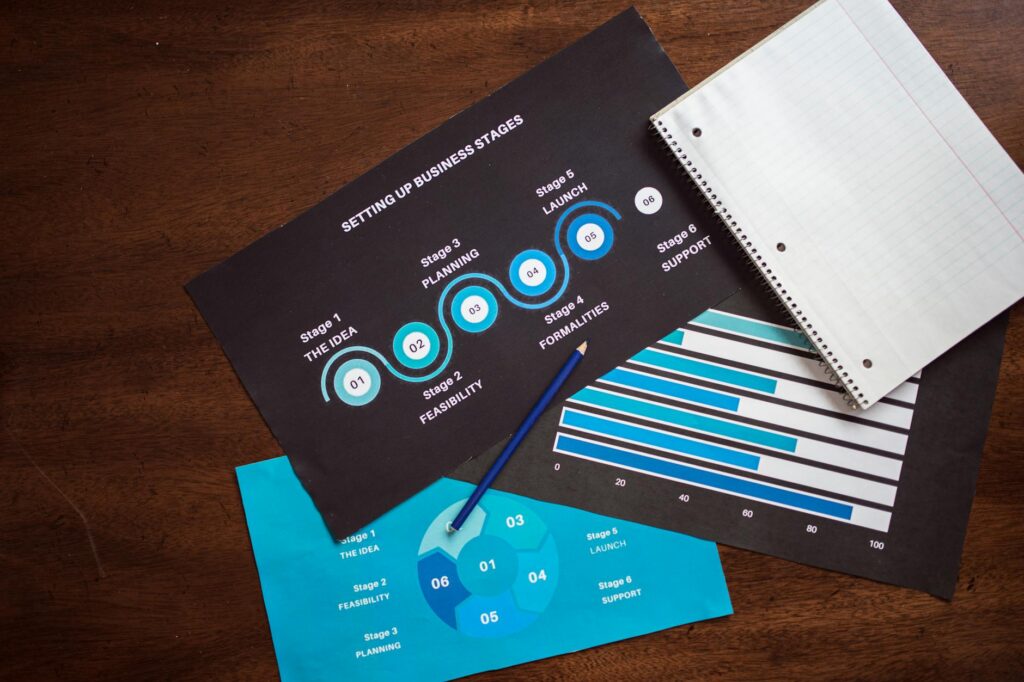Having a baby is one of life’s most joyous occasions, but it also brings significant financial changes. From unexpected medical bills to the ongoing costs of childcare, preparing for these expenses is crucial. This post outlines ten essential financial steps to take after welcoming your little one.
Review and Adjust Your Budget
Before your baby arrives, creating a realistic budget is key. Now, it’s time to revisit and revise that budget to accommodate the new expenses. Include diapers, formula or breastfeeding costs, doctor visits, and childcare. Consider using budgeting apps or spreadsheets to track your income and spending. Tracking your finances closely helps ensure you’re staying within your means. 
Explore Childcare Options and Costs
Childcare is a major expense. Research various options in your area, comparing costs for daycare centers, in-home care, and family assistance. Factor in transportation costs as well. Consider exploring government subsidies or employer-sponsored programs to reduce your childcare burden. Early planning is essential to secure a spot, especially if you’re looking into popular facilities. Learn more about choosing the best childcare option.
Maximize Your Savings and Investments
Having a child often increases the importance of financial security. Ensure that you’re maximizing your retirement savings through contributions to 401(k)s and IRAs. While it might seem counter-intuitive, it’s essential to maintain or even enhance your retirement plan, as financial security for your child also means security for their future. Review your investment portfolio and adjust as needed to align with your evolving financial goals. Check out resources for retirement planning.
Understand Health Insurance and Coverage
Understand your health insurance coverage for your newborn, and make sure that any bills related to the pregnancy and birth are being processed properly. Review your coverage thoroughly, and don’t hesitate to contact your provider with any questions. This includes understanding what expenses are covered and what your out-of-pocket costs may be. Learn more about how to manage health care expenses. 
Plan for Your Child’s Education
Starting to save for your child’s education early can make a huge difference in the long run. Explore options like 529 plans, which offer tax advantages. Even small, consistent contributions can accumulate significantly over time. Don’t underestimate the power of compounding interest when it comes to investing for your child’s future. Find out more about 529 plans here.
Review Your Life Insurance
Life insurance is crucial for protecting your family’s financial stability in case of the unexpected. Assess your current coverage and determine if it’s adequate to cover your child’s needs, including education and living expenses. Consider increasing your coverage to match your evolving financial responsibilities. This is an important way to ensure financial security for your child’s future, even in difficult situations.
Consider Disability Insurance
While not always top-of-mind, disability insurance protects your income if you are unable to work due to illness or injury. This is especially important when you’re the primary income provider. Explore options and ensure adequate coverage to provide for your family’s needs during challenging times. [IMAGE_3_HERE]
Create a Will and Estate Plan
Having a will and estate plan in place is crucial, and even more so after having a child. This legal document designates a guardian for your child and outlines how your assets will be distributed. Consult with an estate attorney to create a plan that best suits your circumstances and protects your family’s future.
Track Your Child’s Expenses
As your child grows, it becomes essential to track their expenses separately. This assists in understanding the true cost of raising a child, allowing you to manage your budget more effectively. By carefully monitoring these expenses you can avoid unwanted debt and ensure financial health for the family.
Conclusion
Welcoming a new baby is a thrilling experience, and taking these financial steps will help ensure a secure future for your family. By planning and budgeting effectively, you’ll navigate the financial landscape with greater confidence.
Frequently Asked Questions
What if I can’t afford childcare? Explore government assistance programs and subsidized childcare options. Many communities offer resources to help families access affordable care.
How much should I save for my child’s college education? Start saving early and consistently. Even small contributions add up significantly over time due to compound interest.
When should I create a will? It’s recommended to create a will as soon as you have significant assets or dependents, and certainly after having a child.
What are some ways to reduce childcare costs? Consider options like in-home care, family assistance, or staggered work schedules with a partner, if applicable.
What is the best way to budget for a new baby? Use budgeting apps, spreadsheets, or work with a financial advisor to create a detailed plan that includes all anticipated expenses.



